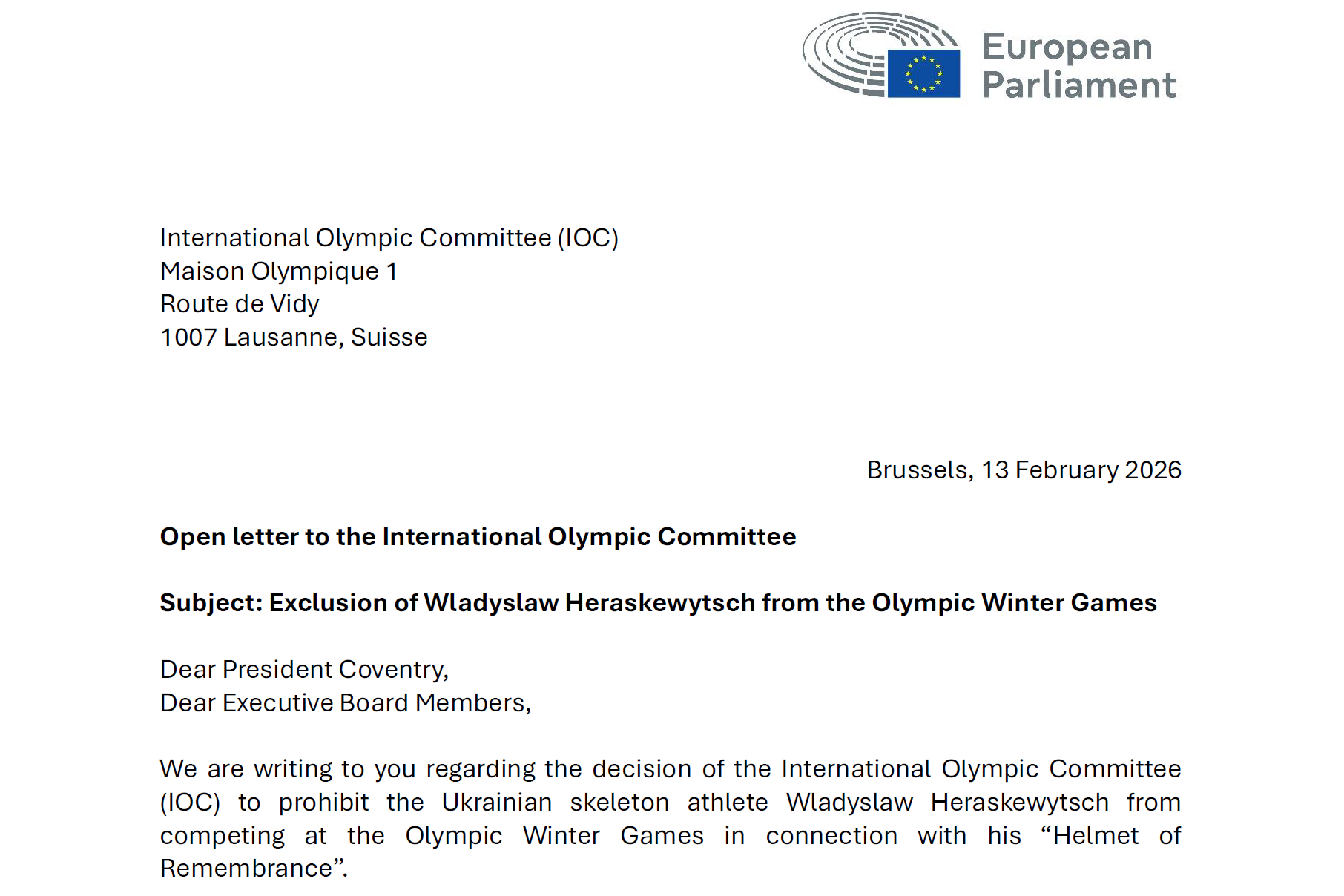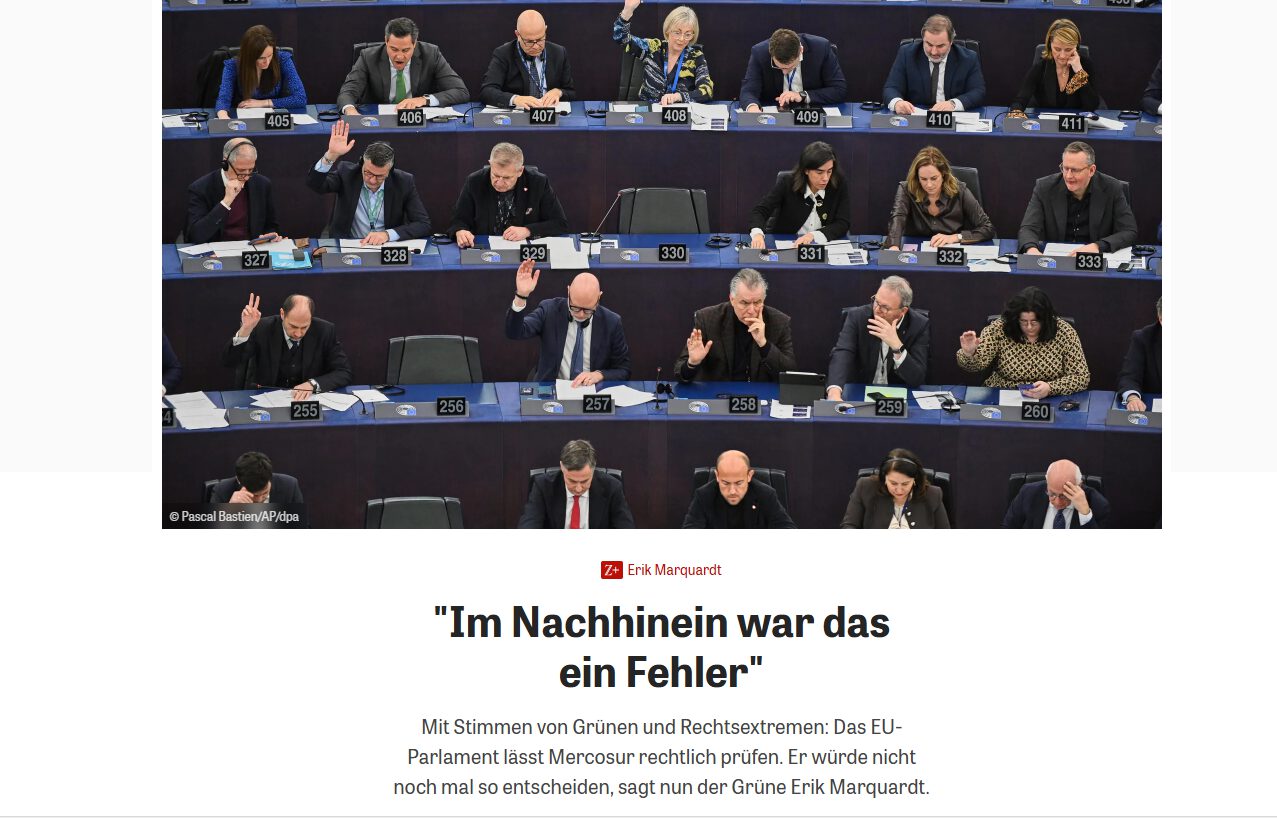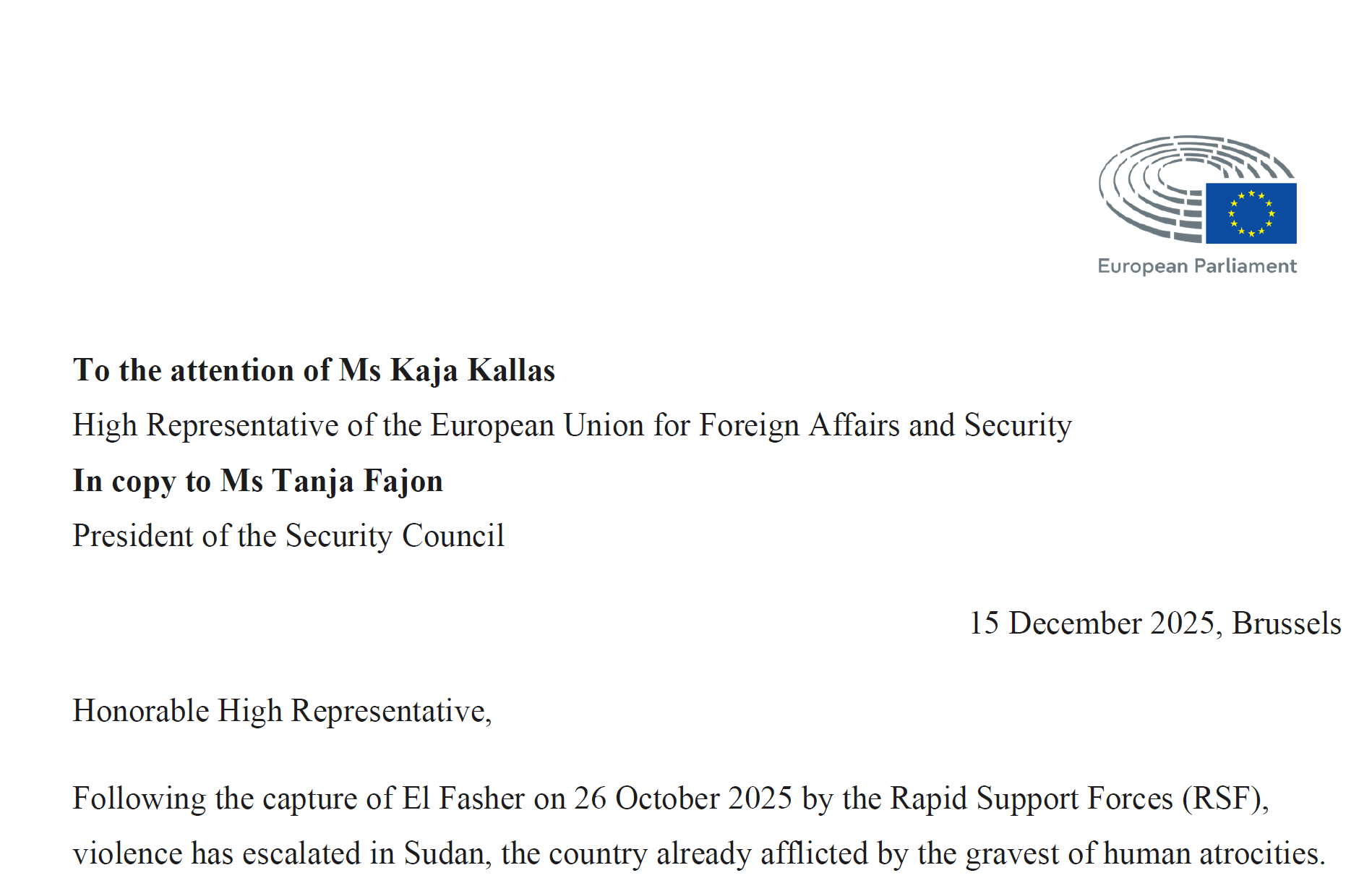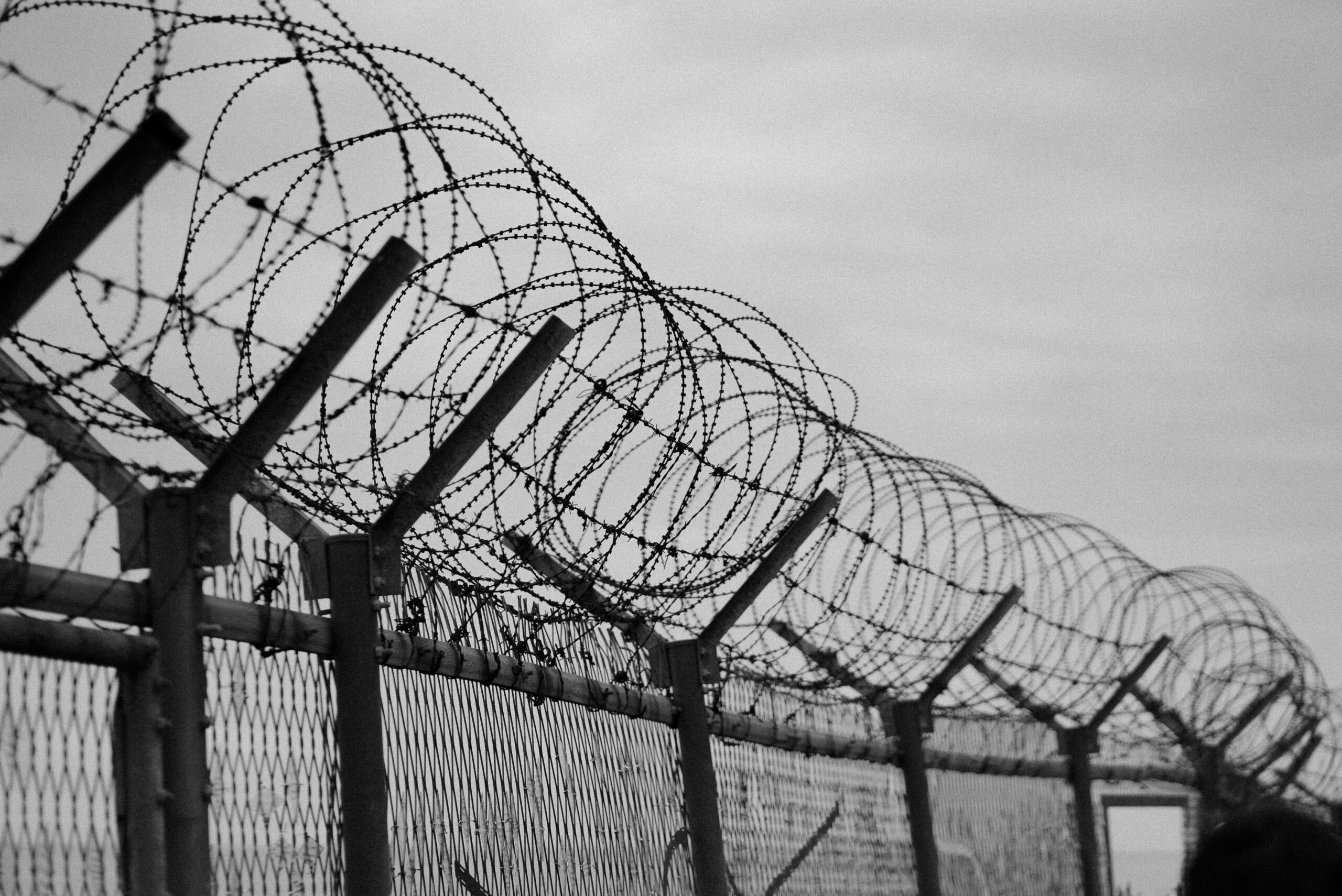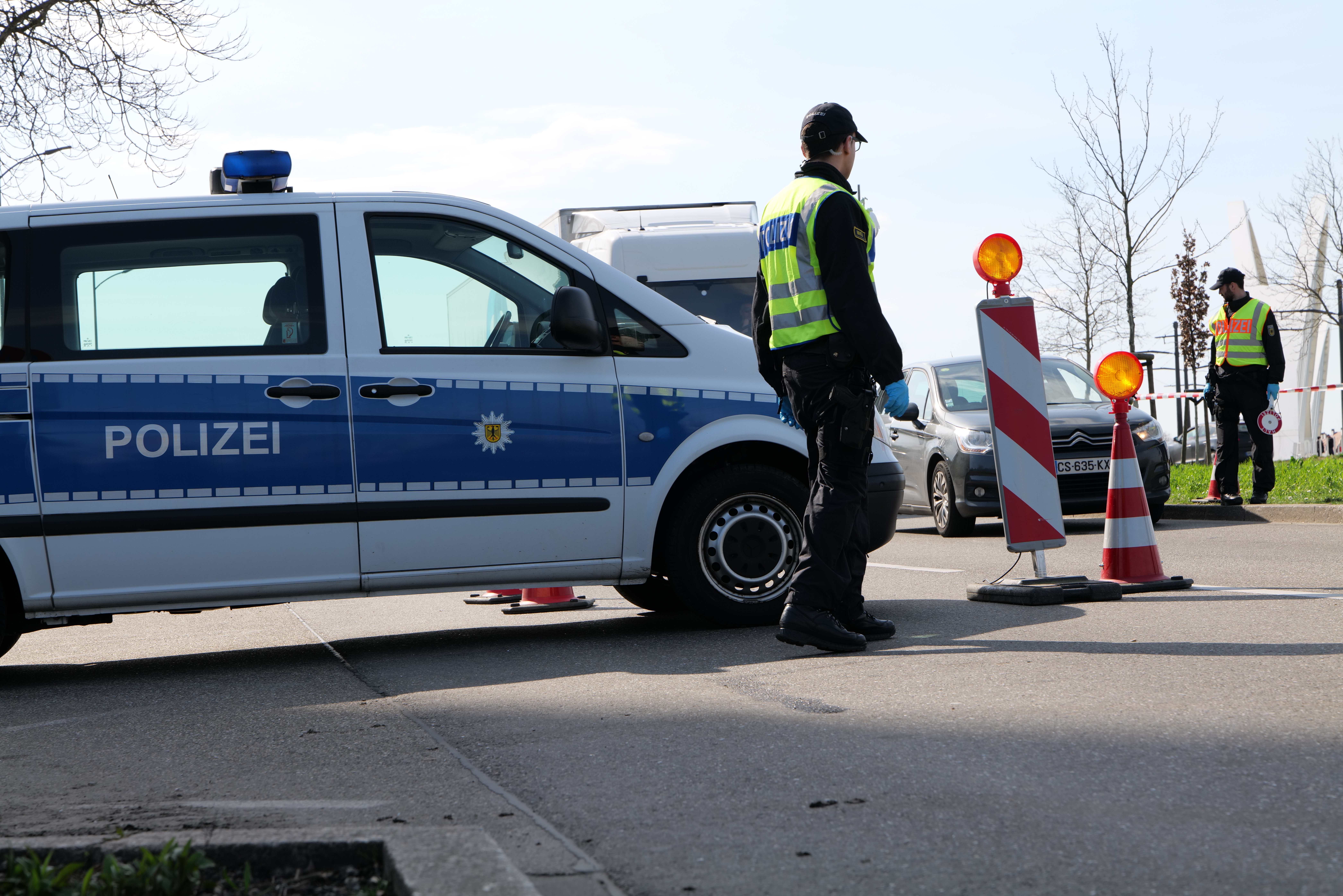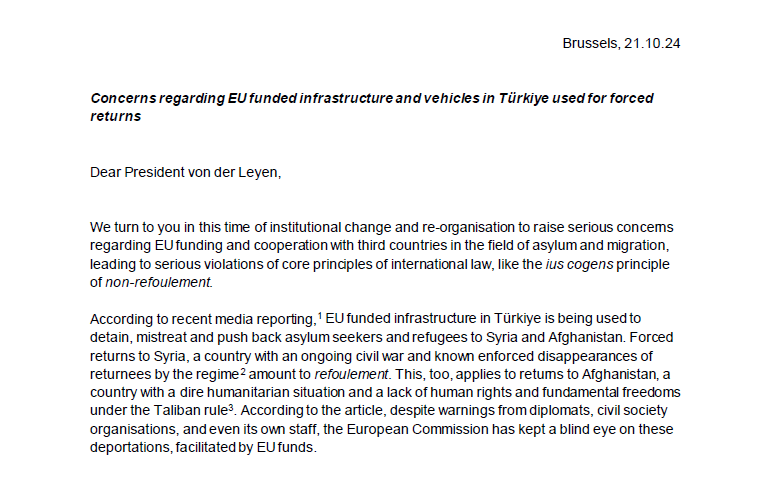Blog
-
Offener Brief: Das Internationale Olympische Komitee muss Entscheidung zu Wladyslaw Heraskewytsch überdenken
Kategorie/n: MiscellaneousGemeinsam mit mehr als 40 Kolleg*innen aus dem Europäischen Parlament habe ich heute Morgen einen Brief an das Internationales Olympische Komitee (IOC) geschickt. Darin fordern wir das IOC auf, die Entscheidung zu überdenken, den ukrainischen Athleten Wladyslaw Heraskewytsch von den laufenden Olympischen Winterspielen auszuschließen. Heraskewytsch wollte einen „Helm der Erinnerung“ tragen, mit Bildern ukrainischer Athlet*innen,
-
DLF: Haben falsches Signal gesendet
Kategorie/n: PolicyDamit das Mercosur-Abkommen rechtlich Bestand hat und eine europäische Mehrheit findet, haben Teile von uns deutschen Grünen dafür gestimmt, das Abkommen beim EuGH prüfen zu lassen. Das dieses Signal in unserer aktuellen geopolitischen Lage und die dadurch entstandene Zufallsmehrheit mit den Rechten ein Fehler war, durfte ich im Deutschlandfunk erläutern.
-
DIE ZEIT: Mercosur-Abstimmung im Nachhinein ein Fehler
Kategorie/n: PolicyNachdem ich und ein Großteil meiner Delegation im Europaparlament für eine EU-rechtliche Prüfung des Mercosur-Abkommens gestimmt haben, durfte ich bei Die Zeit erklären, was ich heute anders machen würde und warum.
-
Syrien 2025: Kein Frieden, keine Gerechtigkeit und kein Ort für Abschiebungen
Rund ein Jahr nach dem Sturz des Assad-Regimes ist Syrien weiterhin von Gewalt, Straflosigkeit und politischer Willkür geprägt. Inszenierte Wahlen und Bilder vermeintlicher Normalität ändern daran nichts. Dennoch wächst in Europa der politische Druck, geflüchtete Syrer*innen in ihr Heimatland abzuschieben. Dabei warnen Expert*innen wie das UN-Flüchtlingshilfswerk eindringlich, dass Syrien viel zu instabil ist, um Rückkehrer*innen
-
Brief zur Lage im Sudan: EU muss dringend handeln
Gemeinsam mit anderen demokratischen Abgeordneten des EU-Parlaments haben wir uns in einem Brief an Kaja Kallas, die Hohe Vertreterin der EU für Außen- und Sicherheitspolitik, gewandt. Hintergrund ist die dramatische Eskalation der Gewalt im Sudan nach der Einnahme von El Fasher durch die Rapid Support Forces (RSF) am 26. Oktober 2025. Berichte über Massenmorde, außergerichtliche
-
Veranstaltung: Hass, Hetze, Normalisierung – Was können wir gegen den Aufstieg der Rechtsextremen tun?
Kategorie/n: MiscellaneousLiebe alle, Europaweit zeigt sich, dass auch hier rechtsextreme Kräfte auf dem Vormarsch sind. Rechtskonservative werden zu Steigbügelhaltern und radikalisieren sich dabei gleich mit. Gleichzeitig sieht sich die Zivilgesellschaft vielerorts in Europa immer stärker Repressionen und Diffamierungskampagnen ausgesetzt. Wer sich umschaut, merkt schnell: Überall versuchen Rechte zunehmend erfolgreich, ihre Narrative zu verbreiten. Angriffe auf die
-
Veranstaltung: Grenzblockaden, Zurückweisungen, Propaganda – Populismus und Abschottung als Leitmotiv der Asylpolitik
Liebe alle, seit Jahren sehen wir, wie die Debatte um Asyl- und Migrationspolitik sich von der Realität entkoppelt und zunehmend radikalisiert. Den vorläufigen Höhepunkt dieses Theaters haben wir in diesem Jahr erlebt, als die deutsche Bundesregierung sich offen darauf einigte, sich über Recht und Gesetz hinwegzusetzen und Asylsuchende an deutschen Grenzen zurückzuweisen.Welche Wirkung haben Grenzkontrollen
-
PM: Drittstaatenmodell: „Exportierte Verantwortung, importierter Zynismus“
Die EU-Kommission hat am 20.05.2025 einen Vorschlag vorgelegt, der es Mitgliedstaaten ermöglicht, Asylsuchende auch ohne jegliche persönliche Verbindung in sogenannte sichere Drittstaaten abzuschieben. Bereits eine bloße Durchreise oder ein bilaterales Abkommen soll künftig ausreichen, um das Asylverfahren vollständig außerhalb der EU zu führen. Dabei sind genauere Regeln bislang unklar, da die Kommission zwar eine Pressemitteilung,
-
Neue Studie zu Binnengrenzkontrollen: Symbolpolitik statt Lösungen
Für die Grüne Europafraktion habe ich eine neue Studie zu den Auswirkungen der stationären deutschen Binnengrenzkontrollen in Auftrag gegeben. Das Ergebnis: Sie halten nicht, was sie versprechen. Sie sind teuer, herzlos und nutzlos. Hier könnt ihr die Studie nachlesen. Und hier eine kurze Zusammenfassung: Politische Sprechblasen statt Fakten Seit September 2024 kontrolliert Deutschland wieder stationär
-
Brief an EU-Kommission: Türkei nutzt EU-Gelder für Zwangsrückführungen
Kategorie/n: MiscellaneousSeit dem umstrittenen EU-Türkei-Deal 2016 unterstützt die EU-Kommission die türkische Regierung bei der Aufnahme von Schutzsuchenden, damit weniger Menschen nach Europa kommen und dort Asyl beantragen. Das betrifft vor allem syrische und afghanische Geflüchtete, die vor dem Bürgerkrieg und der Verfolgung durch die Taliban fliehen. Nun haben Medienberichte gezeigt, dass die türkische Regierung von der
